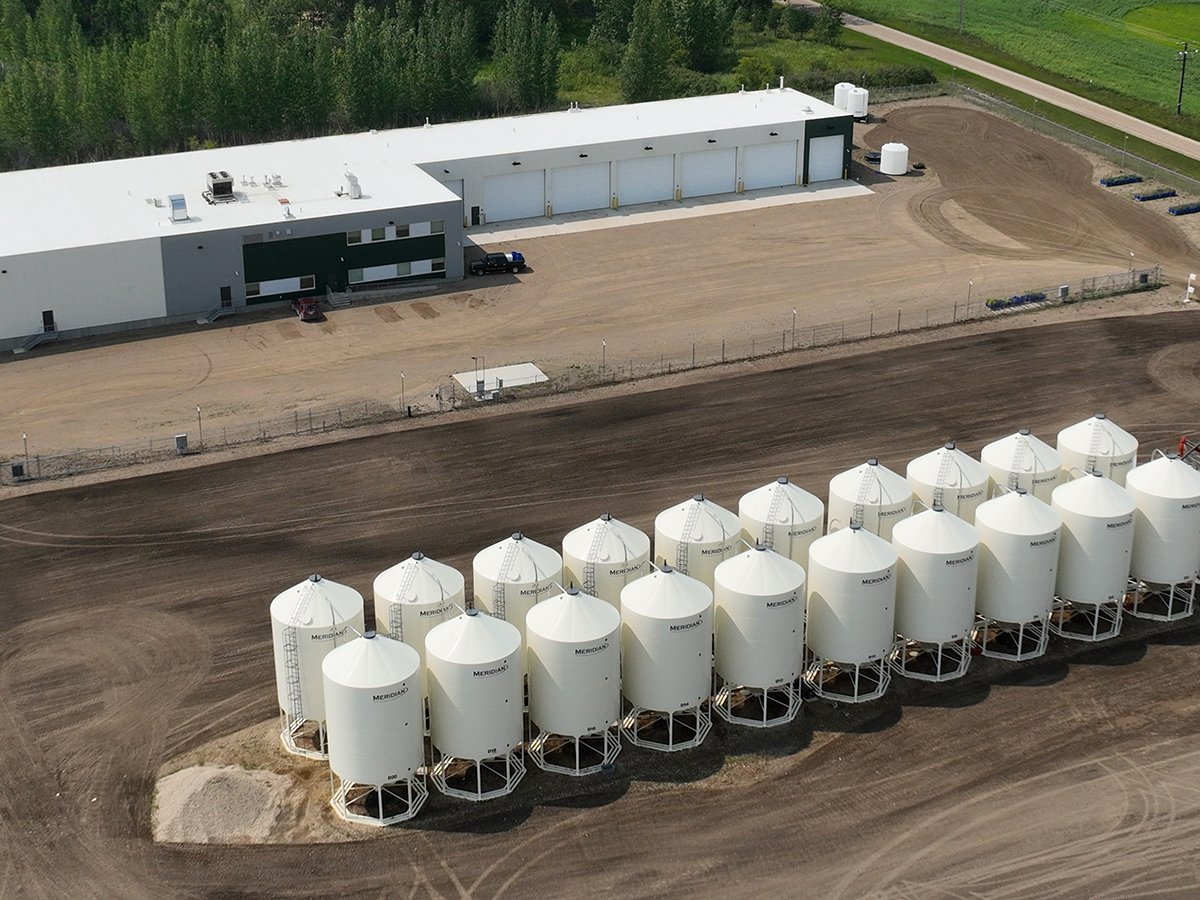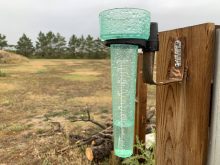U of A looks for professor to work in institute to develop the use of cell cultures to grow food on an industrial scale
The University of Alberta has launched a search for the best candidate to hire as Canada’s first tenured professor in cellular agriculture.
The new position represents a key step toward establishing an institute to develop the use of cell cultures to grow food, said Heather Bruce, chair of the department of agricultural, food and nutritional science.
Candidates will likely include a range of scientific disciplines, including those that have been used to produce things such as pharmaceutical drugs for human medicine rather than agriculture, she said.
Read Also

Saskatchewan firm aims to fix soil with compost pellets
In his business, Humaterra, Leon Pratchler is helping farmers maximize yields in the weakest areas of their fields through the use of a compost pellet.
“We’re looking for people who are highly trained and the search is one that we’re certainly making it national and international so that we can obtain the best possible candidates for consideration for the position.”
Cell cultures are used to grow cells taken from plants or animals, which traditionally has been conducted at a small scale in petri dishes in laboratories. Cellular agriculture aims to expand this process to create a wide range of food products on an industrial scale, including meat.
The Canadian Cattle Association said earlier this year it doesn’t want laboratory-made or cultivated protein to be marketed to consumers as meat that is environmentally or nutritionally superior to traditional beef. It wants to ensure the word “meat” is only defined as the flesh or carcass of an animal.
There are many standards that need to be developed for cellular agriculture, said Isha Datar, executive director of New Harvest, a non-profit institute that supports public research into cultured meat.
“And I think this question of ‘is it meat’ is a really interesting one that I don’t have the answer to. I mean, it can be a technical question. It can also be a philosophical one.”
She found the debate over what to call such products to be limiting.
“I think we have in our mind this idea that we want to replicate foods that we know and love, but we also have this opportunity to create novel ones, and so that kind of forces us to toe the line on what kind of labelling we want.”
Datar pointed to companies that are creating animal fats using cellular agriculture that could be used in plant-based food alternatives.
“That would not necessarily be called meat, but it is a component of meat as we know it.”
As part of a recent visit to Lethbridge, she met with officials at Agriculture Canada’s local research and development centre. She gave a presentation on cellular agriculture and cultured meat via Zoom for the federal department’s scientists across the country.
“They asked a lot of good questions… about is it meat? Is it not meat? How we think about the regulatory perspective? And I think a really important topic that came up was about sustainability, and how do we actually ensure sustainability of these new products because I think a lot of people advocating for cellular agriculture are putting it forward as a solution that should reduce our greenhouse gas emissions to be more sustainable to allow more local production.”
Datar said cellular agriculture in Alberta will complement conventional farming by creating new markets for producers to supply raw materials, such as sugar, needed for the emerging industry, with the province’s booming renewable wind and solar sector potentially supplying much of the electricity. Ontario Genomics estimated in 2021 that cellular agriculture could eventually create up to 142,00 jobs as well as contribute as much as $12.5 billion in revenue per year to the Canadian economy.
American officials recently gave the green light to lab-grown chicken products created by two California-based companies for sale in food stores and restaurants in the United States. Good Meat and Upside Foods are the first to have such products approved by the U.S. Department of Agriculture.
It shows how quickly cellular agriculture and the surrounding regulations are evolving, said Bruce about the need for a tenured professor.
“And we’re trying to get someone in place not just to perform research, but also to teach students about it and train them in the skills that would be needed to support this industry.”
The University of Alberta announced Dec. 20 it was developing an Institute of Cellular Agriculture. The initiative involves New Harvest along with CULT Food Science Corp., which is a North American investment platform that helps develop products and business initiatives involving cellular agriculture.
“An institute requires a few things to be in place before it can actually be approved as an institute at the University of Alberta, so we need the appropriate people in place and this is why we’re advertising now for that position,” said Bruce. “We also need to have specific approval at the university level for it to be a recognized area of expertise … and then we can then put together an application to have the institute established.”
Cellular agriculture brings together a range of science and technology not normally thought of as being part of agriculture, she said. It includes practices such as precision fermentation, in which genes are inserted into bacteria that are subsequently grown to produce specific proteins, which are used in medicine to make health products such as pharmaceutical drugs, she said.
















